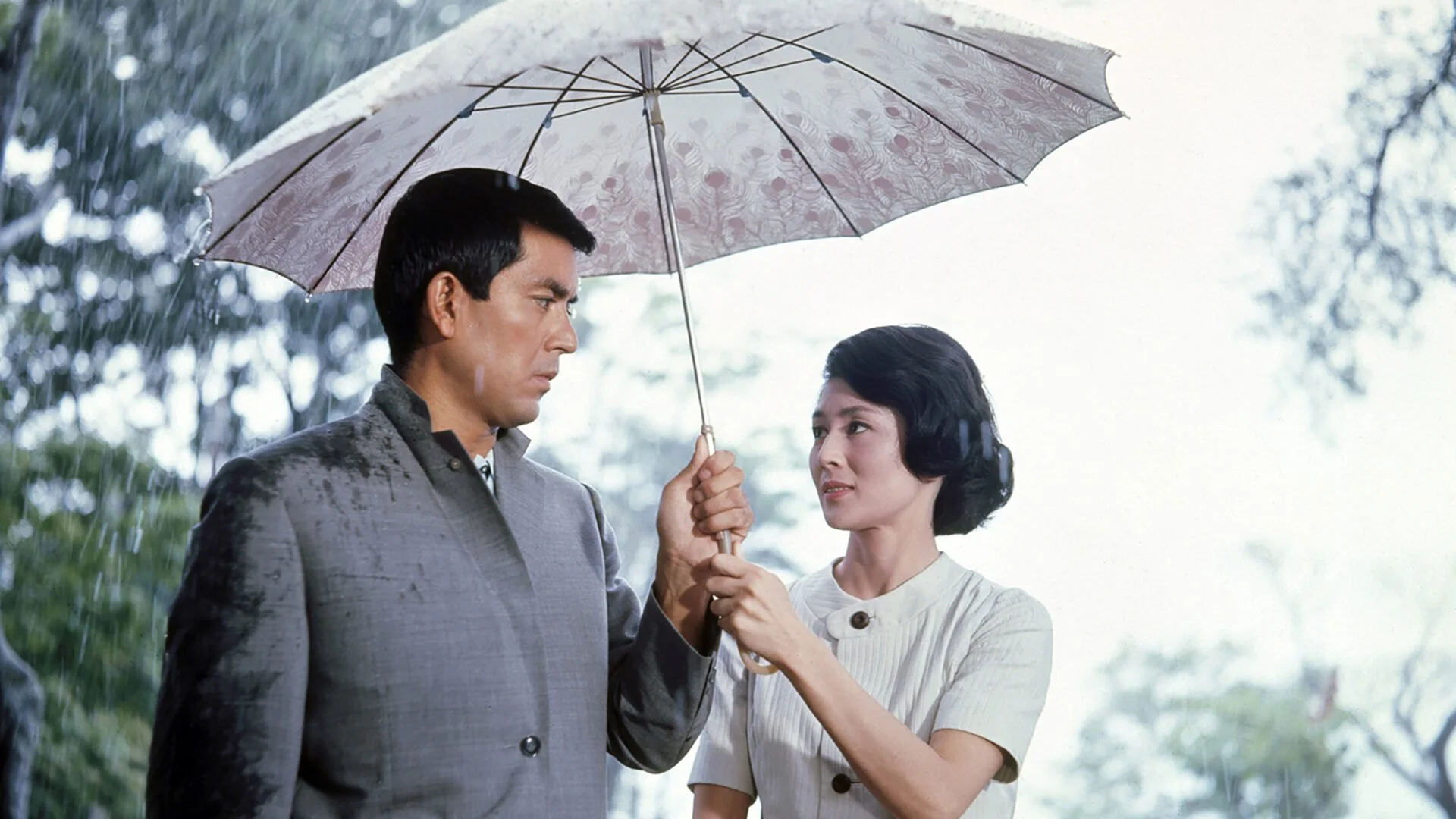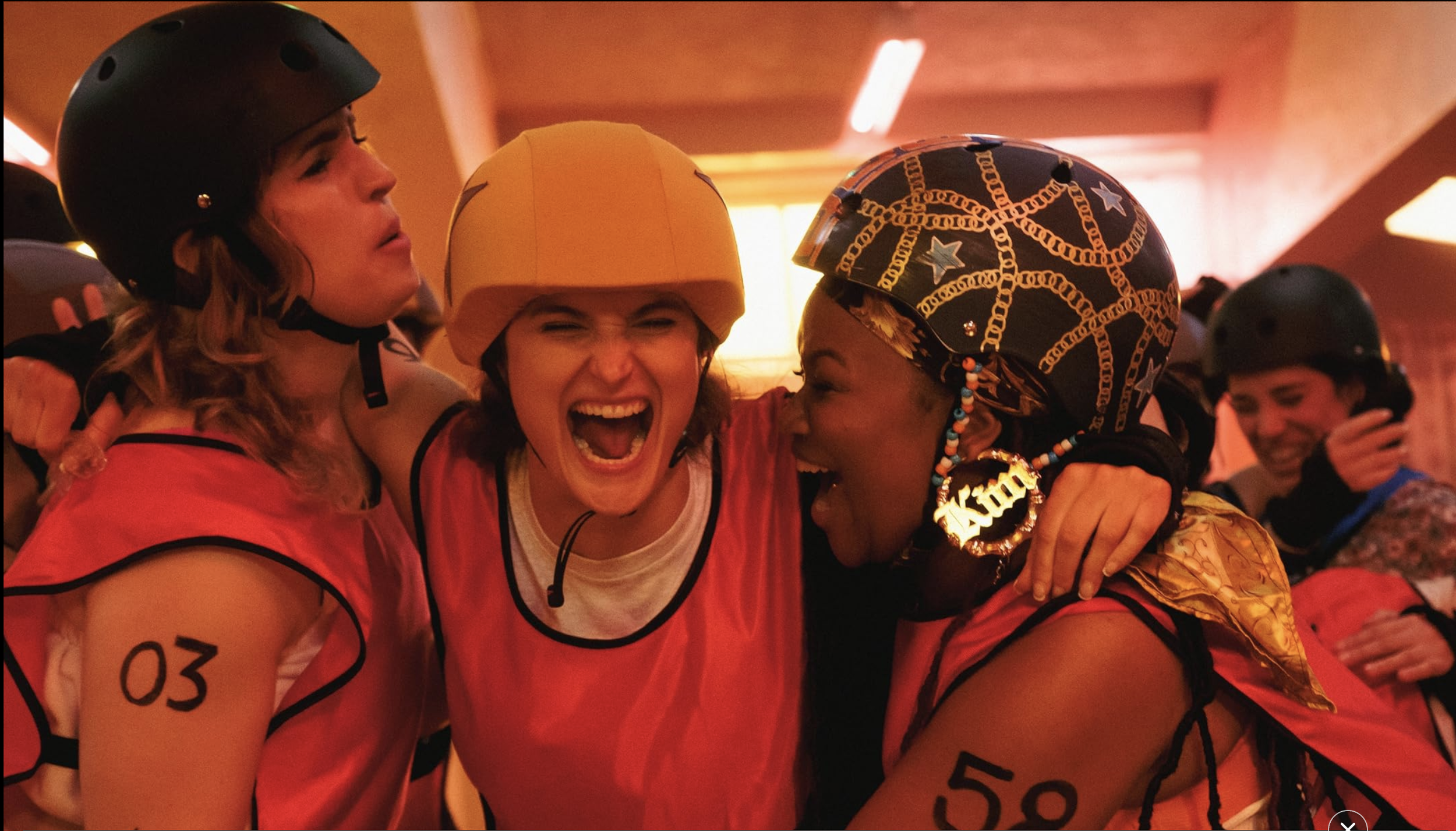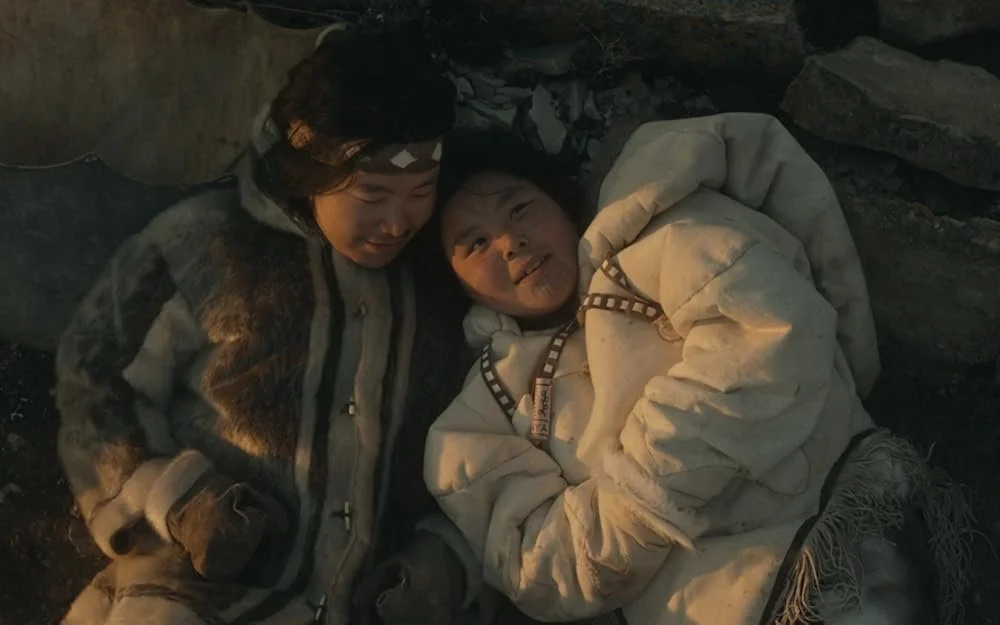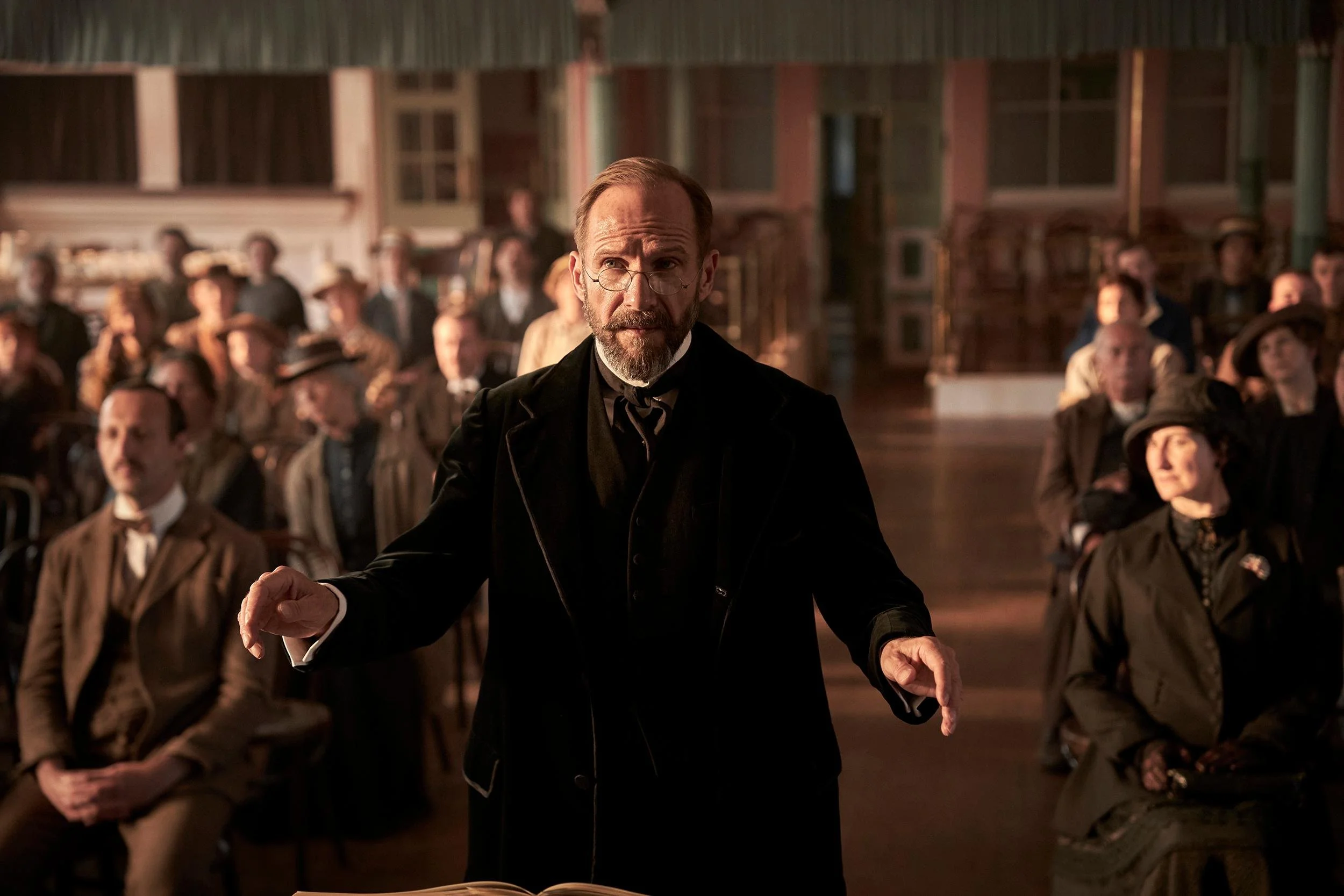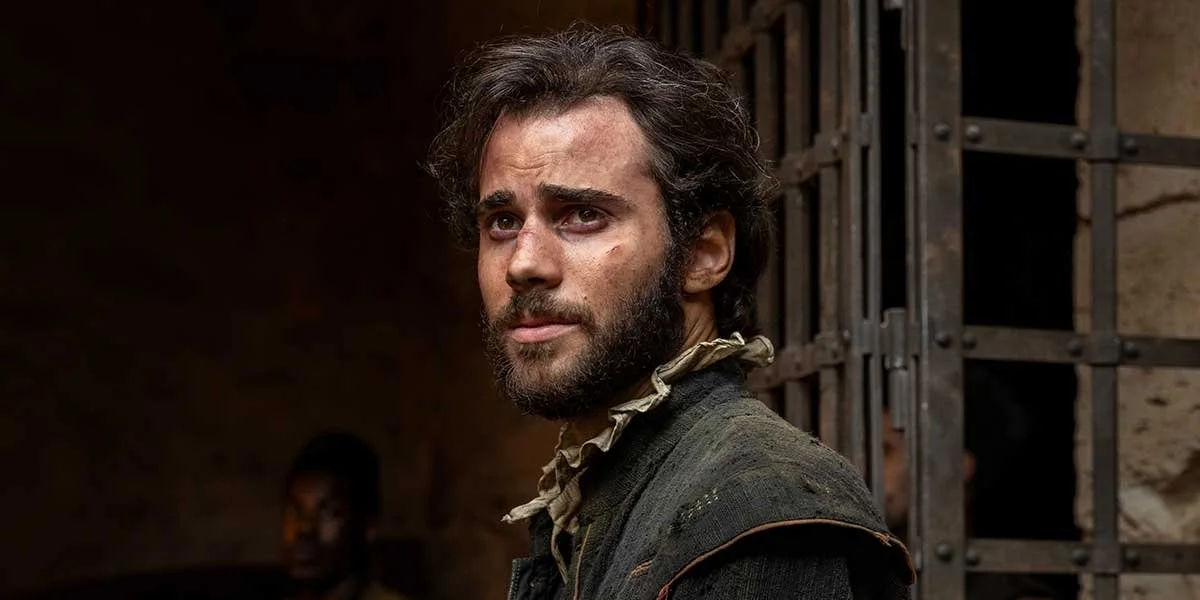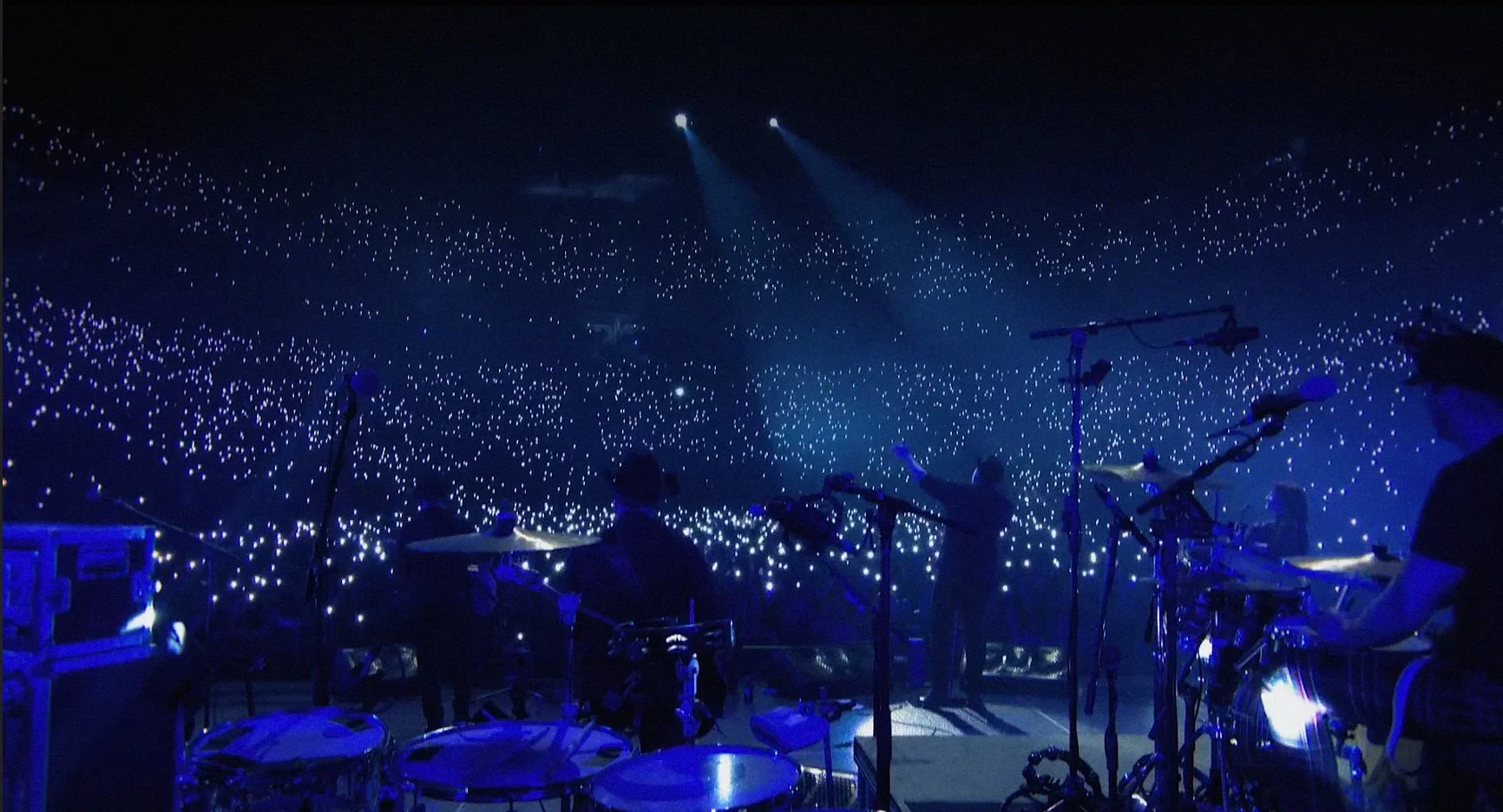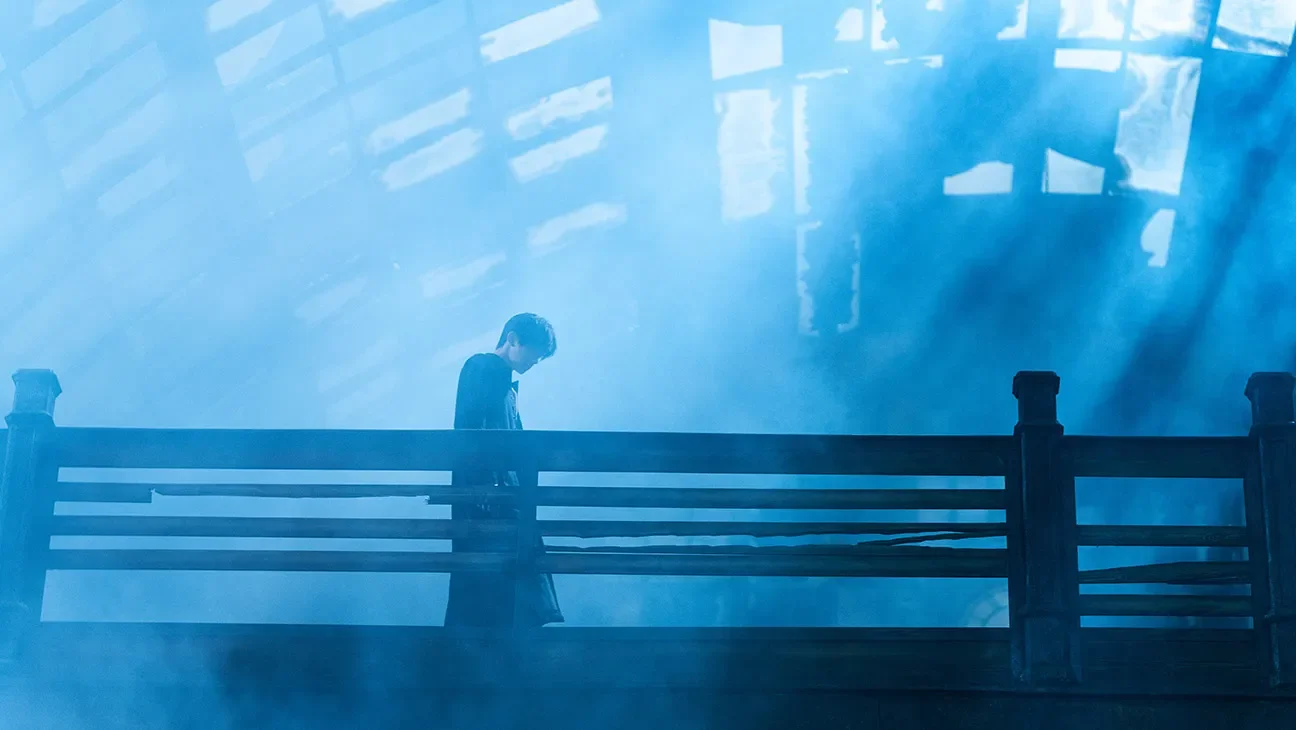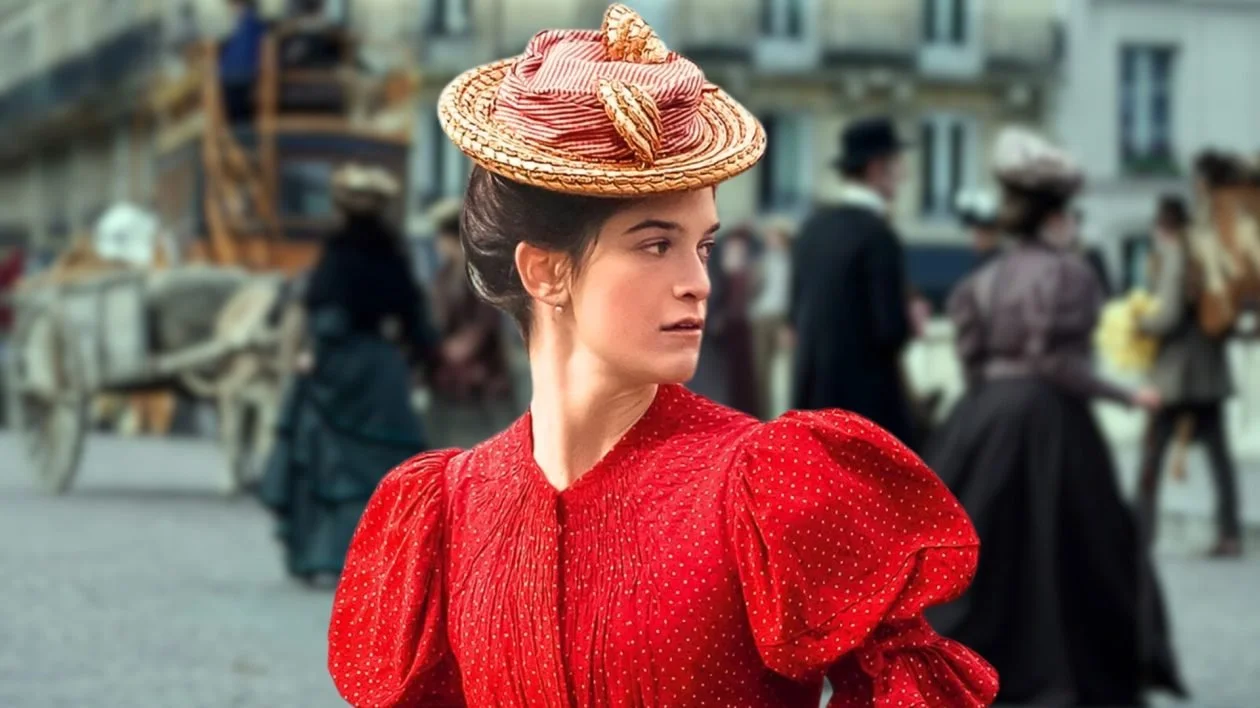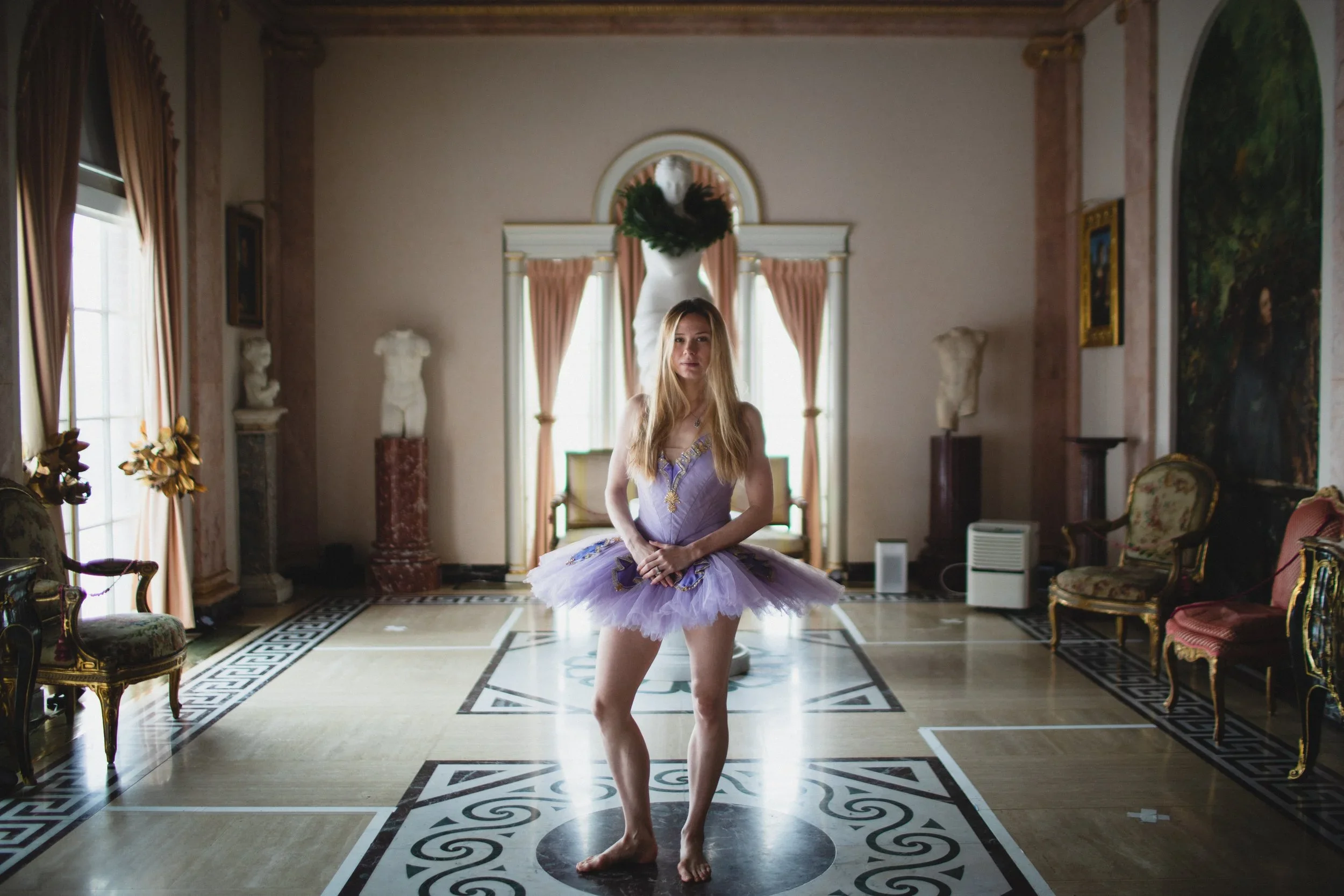Breaking Bread documentary digs into food as a bridge between Arabs and Jews
Playing at the Vancouver Jewish Film Festival, the film hears from chefs behind Israel’s A-Sham Arab Food Festival
Chefs Shlomi Meir (left), who’s Jewish, and Ali Khattib, who’s Arab, cooked a Syrian dish together at a food festival in Haifa.
Breaking Bread runs at the 32nd annual Vancouver Jewish Film Festival online from March 4 to 14
WHEN NOF ATAMNA-Ismaeel won the fourth season of Israel’s MasterChef in 2014, she made history. The mother of three was the first Arab to take the title. A microbiologist who is Muslim, Israeli, and Palestinian, she’s turned that triumph into her own contribution to world peace: food, in her eyes, is a way to build bridges between Arabs and Jews.
Atamna-Ismaeel, who hails from the predominantly Arab town of Baqa al-Gharbiya in northern Israel’s Haifa district, is the subject of Breaking Bread, a new documentary produced and directed by Montreal-born L.A.-based filmmaker Beth Elise Hawk playing at the Vancouver Jewish Film Festival.
It tells the backstory of Haifa’s A-Sham Arab Food Festival, which Atamna-Ismaeel co-founded in 2015. Named after the Arabic word for the Levant region—present-day Syria, Lebanon, Jordan, Israel, Palestine, and Turkey—A-sham pairs Jewish chefs with Arab restaurants and vice versa. They collaborate on dishes that are on the verge of becoming extinct in Arabic cuisine or that have deep meaning in Arabic culture.
“There’s no room for politics in the kitchen,” Atamna-Ismaeel says in the film.
Nof Atamnan-Ismaeel, in Breaking Bread, was the first Arab to win Israel’s MasterChef reality TV competition.
Anthony Bourdain once said that “food may not be the answer to world peace, but it’s a start,” and Breaking Bread reflects this view. The Middle East may be complicated, complex, and troubled, but it’s also a place where coexistence is possible and where food connects people, where they’re Jewish, Muslim, Christian, Arab, Israeli, Palestinian, or any combination thereof. The festival chefs featured in the film break bread to break barriers, stereotypes, misconceptions, and prejudices.
Within the festival is the Hummus Project, which assigns famous Israeli chefs with hummus restaurants in Haifa, each with its own take on the chickpea dip.
“Hummus is the metaphor,” Hawk tells Stir. “As Nof Atamna-Ismaeel says, food has no borders. Food is the great uniter.
“When you put these people in the kitchen, there are no longer labels,” she says. “They’re not looking at politics; they’re sharing stories about their grandparents and how their grandparents influence them. It’s a beautiful message told through food.”
Hawk visited Haifa on five occasions to make the film, spending about 10 weeks in the city that has had peace between Jews and Arabs for 100 years, as explained by former mayor Yona Yahav. “We celebrate Ramadan, Christmas and Hanukkah together,” he says.
Breaking Bread includes interviews with several festival chefs, including Shlomi Meir, whose mother’s roots are Egyptian and who was 16 when he took over the restaurant that’s been in his family for 60 years. When he smokes meat, he’s reminded of his grandfather who started it all—and who left no recipes, just instructions like “two hands of this, half a hand of that”. Whether his customers are rich, poor, black, white, Arab, Muslim, or Russian: “all people get the same meal,” he says.
Ali Khattib is chef with Syrian roots from the Golan Heights village Ghajar, which sits on the border of Israel and Lebanon and which was divided in 2000, each country claiming half. He hears rockets flying back and forth; his goal is to revive dishes that date back centuries and preserve history through food.
We meet Osama Dalal who’s originally from Akko, where as a kid he would swim to get lobsters for his grandma to cook for him and his friends. A Palestinian who lives as an Israeli, he too wants to bring back forgotten dishes and share the history of the cuisine of Akko, which consists of about 90 percent fresh seafood.
Ilan Ferron runs a restaurant near a beautiful market that until recently was neglected. His father is Catholic from France; his mother is a Jew; he is Arab. Chef Salah Cordi says of his mixed roots growing up: “We spoke in Arabic, laughed in Hebrew, cursed in Romanian, and got upset in Moroccan.” He recalls many ethnicities, religions, and languages all around him. Even though he couldn’t understand his neighbours’ languages, it was customary for families to deliver dishes to each others’ homes, speaking to each other through food.
Breaking Bread—which won the audience award for favourite culinary cinema film at the Napa Valley Film Festival and which Hawk says is very much a love letter to Haifa—touches on the impact of conflict in the area on daily life. When war breaks out in the Gaza Strip or terrorists inflict violence in the streets, it directly reduces work in a drastic way; people tend to stay home.
“Anytime there’s a stabbing, it affects the economy,” says Hawk, who hopes to release a companion cookbook. “People don’t go to restaurants. But like Nof says in the film, the only headlines we see are the headlines that scare us.
“Haifa is such a special place,” she adds. “It never once felt fearful. It’s breathtakingly beautiful, and you’ve got this fabric of everybody living together. They’re just interested in living life, in peace and quiet. What you see in the fest is what Haifa is really like.”





